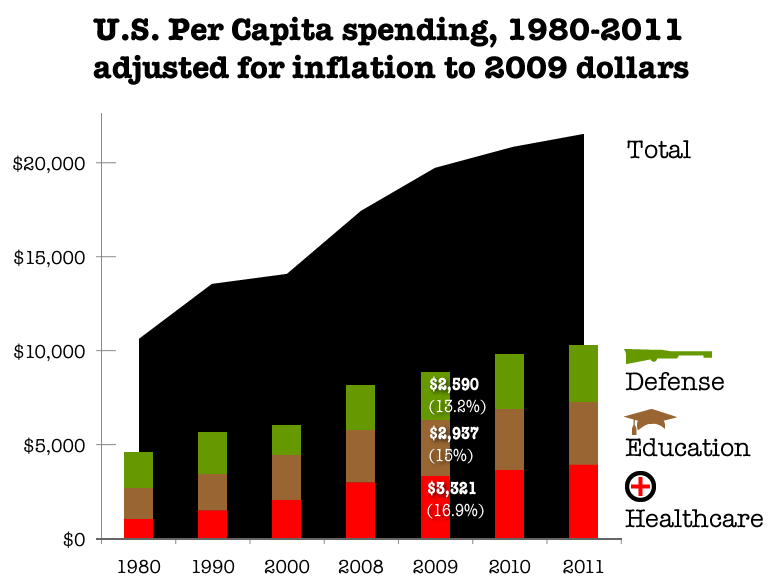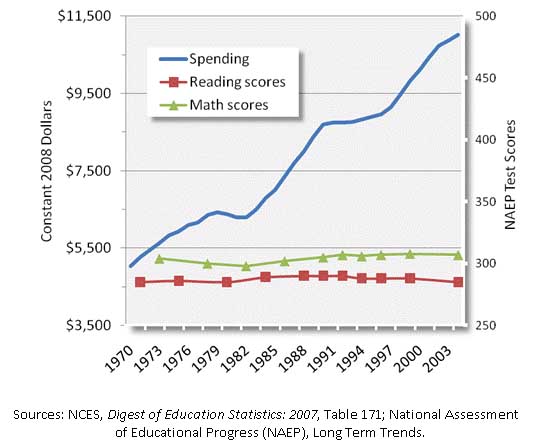Part four: digital classrooms demand a new kind of teacher
In this four-part series, we look at the impact of tablet computing on education: how tablets can save North American students, but how their ability to collect and analyze how students learn will make teaching more accountable — something that unions will oppose aggressively as they try to protect their members’ jobs.
This is a detailed write-up of the Short Bit I first presented at Bitnorth 2010, with lots of background and links to references I found while putting together that presentation. We decided to break it into several parts to make it easier to digest.
Tablet computing is the catalyst that can trigger a classroom revolution: the digital classroom, personalized learning, cheap access to content, and a transformation of how we learn. They promise a shift in education that puts the student, not the teacher, at the center of the learning experience. And tablets can capture and analyze everything about how someone learns.
In other words, tablets make teaching accountable, bringing to it the kind of clarity and can’t-argue-with-that science that has transformed online marketing. But as we saw yesterday, there are powerful forces terrified of what the harsh light of accountability will reveal, as we saw yesterday.
Tablets don’t just display, they collect
 Tablets are the ultimate analytical tool. They collect copious amounts of data that can be analyzed, letting us crunch all aspects of a learning experience: What was read, touched, and heard; when and where that learning happened; what was read slowly and what was rushed through. Properly instrumented, a tablet is a window into how a student acquires knowledge. It’s the perfect sensor for educational analytics.
Tablets are the ultimate analytical tool. They collect copious amounts of data that can be analyzed, letting us crunch all aspects of a learning experience: What was read, touched, and heard; when and where that learning happened; what was read slowly and what was rushed through. Properly instrumented, a tablet is a window into how a student acquires knowledge. It’s the perfect sensor for educational analytics.
And analytics, as anyone who runs a website will tell you, mean accountability. As we saw yesterday, accountability is something that unions have resisted defiantly for decades.
Tablets, and the digital revolution they bring into the classroom, could radically change the way we learn, and with that, the fate of a society. But they’ll be fought every step of the way by teachers who fear for their jobs. If those teachers win, it’ll be another continent’s turn. So convinced of this was the producer of 2 Million Minutes that, when I saw him speak last year, he admitted to buying a condominium in Mumbai for his retirement because he expected India to have the best standard of living.
Read more »






 @
@ Tags:
Tags: 










 Like all images on the site, the topic icons are based on images used under Creative Commons or in the public domain. Originals can be found from the following links. Thanks to
Like all images on the site, the topic icons are based on images used under Creative Commons or in the public domain. Originals can be found from the following links. Thanks to